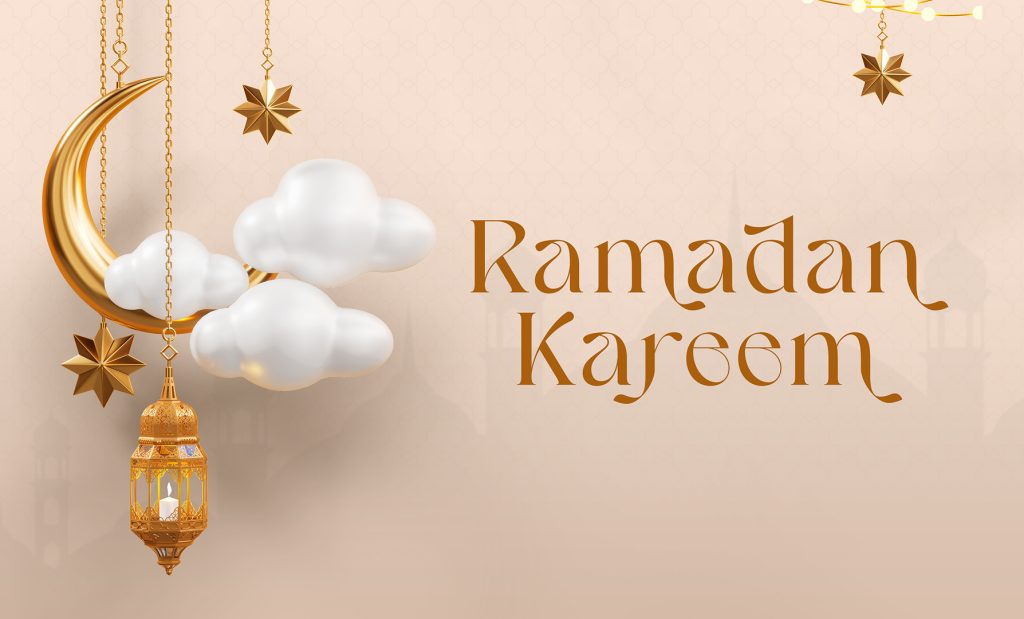Assalamu Alaikum!
As we are grateful to Allah for the opportunity to start the blessed month of Ramadan, I invite us to consider a fresh perspective: Ramadan as a comprehensive bootcamp for barakah maximization. Just as intensive training programs transform participants through structured discipline, Ramadan offers us a curriculum to recalibrate our relationship with blessing in all its dimensions – spiritual, material, and ecological. The practices of this sacred month – fasting, increased prayer, charity, and mindful consumption – systematically optimize the flow of barakah through our individual and collective lives.
I feel that from an Islamic economics perspective, this framing is particularly illuminating. Ramadan’s emphasis on moderation reorients us away from consumption-driven models toward what we might call a “barakah-centered economy.” During Ramadan we witness firsthand how seemingly limited resources become abundantly sufficient, how wealth multiplies through charitable giving rather than hoarding, and how spiritual richness enhances rather than competes with material wellbeing. These principles challenge conventional economic assumptions and offer practical insights for developing more holistic economic frameworks.
The month provides a powerful diagnostic tool for assessing our current position on the Akhira-Dunya plane. Are we dwelling in the barakah quadrant where both dimensions are positive, or have we drifted into imbalance? Ramadan’s practices offer systematic corrections – substituting mindless consumption with mindful appreciation, transforming transactional relationships into connections of genuine care, and offsetting necessary worldly engagements with increased spiritual awareness. Through these adjustments, we gradually optimize our barakah coordinates.
What makes Ramadan truly transformative is its emphasis on practical implementation. Unlike theoretical discussions that often remain abstract, this bootcamp demands embodied practice – the daily fast, the nightly prayers, the consistent generosity. Through this immersive experience, barakah optimization moves from concept to lived reality, inscribing new patterns that extend beyond the month itself. The training environment of community support and shared commitment further reinforces these transformative practices.
I look forward to exploring together how insights from this Ramadan bootcamp might inform our ongoing work in Islamic economics and finance. How might barakah metrics complement conventional economic indicators? What would corporate structures optimized for barakah look like? How could financial instruments be designed to enhance rather than extract barakah? As we engage in fasting and prayer, let us also exercise our intellectual faculties to translate these sacred insights into practical frameworks for economic flourishing that honors both worldly prosperity, care for Akhirah and spiritual fulfillment.
Balancing Dunyah and Akhira leads to the optimization of Barakah, and this can be the pivot of the humane economy, that is what we want to see Islamic economics to be!
Wishing you all a blessed and transformative Ramadan.
Sincerely,
Tariqullah Khan
As part of our Islamic Estate Planning services, we have experienced Advisors ready to assist you in developing an estate plan that protects, preserves, and sustains you and your family’s wealth in accordance with Islamic Laws for generations.
Get in touch with one of our professionals today by sending an email to contact@fiduciaryservicesltd.com.



